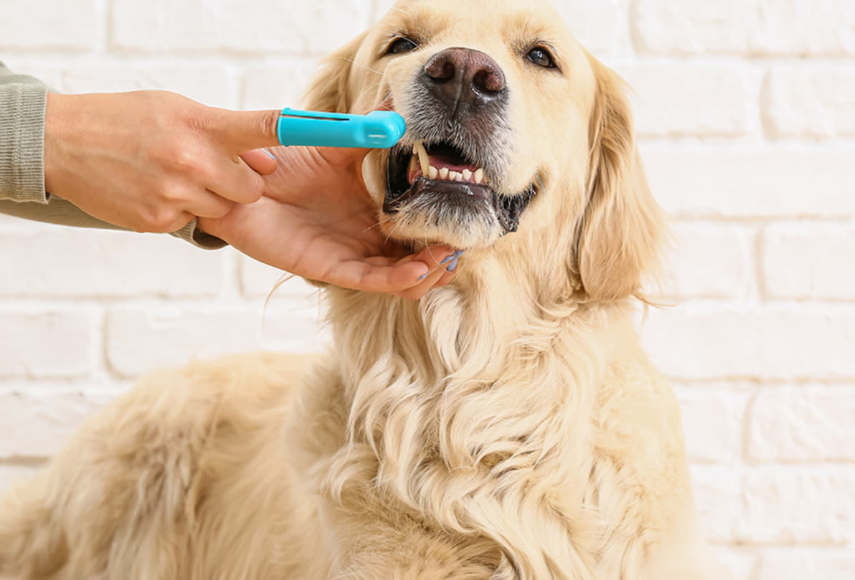Vaccinating pets is a critical step in keeping them healthy and safe. For pet owners in Dunwoody, ensuring pets are up-to-date on their vaccines can prevent a wide range of diseases that could harm them. Winters Chapel Veterinary Clinic offers comprehensive vaccination services to help keep pets protected and healthy. This post will cover the basics of pet vaccinations, the types of vaccines pets need, and why they’re essential.
Why Vaccinations Are Important for Pets
Vaccinations protect pets from dangerous illnesses, some of which can be life-threatening. These vaccines stimulate the immune system to recognize and fight off infections. Vaccines don’t just keep pets healthy; they also reduce the risk of spreading diseases to other animals and even people. By getting pets vaccinated, owners are taking an essential step toward a healthier community.
Types of Vaccines for Pets
Vaccines for pets are generally divided into two categories: core and non-core vaccines. Core vaccines are essential for all pets, while non-core vaccines depend on a pet’s lifestyle and environment.
- Core Vaccines
- Dogs: For dogs, core vaccines include rabies, distemper, parvovirus, and adenovirus. These protect against highly contagious and sometimes fatal diseases.
- Cats: Core vaccines for cats include rabies, feline panleukopenia (distemper), feline herpesvirus, and calicivirus. These protect against respiratory and gastrointestinal infections.
- Non-Core Vaccines
- Non-core vaccines are recommended based on a pet’s specific risks. For instance, if a dog spends a lot of time outdoors, the veterinarian may suggest a Lyme disease vaccine. For cats that go outside, a feline leukemia vaccine might be recommended. Non-core vaccines are discussed with your veterinarian to determine what’s best for your pet’s lifestyle.
The Recommended Vaccination Schedule
Most vaccinations are given to puppies and kittens when they’re young, as their immune systems are still developing. After initial vaccinations, pets usually require booster shots to maintain immunity.
- Puppies and Kittens: They typically start vaccinations at 6-8 weeks old. Follow-up shots are given every few weeks until they are about 16 weeks old.
- Adult Pets: Adult dogs and cats need boosters, often annually or every three years, depending on the vaccine.
Your veterinarian can provide a vaccination schedule tailored to your pet’s age, breed, and health status.
Common Questions About Pet Vaccinations
- Are vaccinations safe? Yes, vaccinations are safe and recommended by veterinarians worldwide. Some pets may experience mild side effects like soreness or tiredness after a shot, but severe reactions are rare. Your veterinarian can answer questions about the safety and necessity of each vaccine.
- Can indoor pets skip vaccines? Even indoor pets benefit from vaccines, as they can still be exposed to diseases indirectly. For example, rabies is required by law for all pets in many areas, including Dunwoody, as it protects both the pet and the public.
- What if my pet missed a booster shot? If a pet misses a booster, it’s essential to contact the veterinarian as soon as possible. Your vet may recommend a new vaccination schedule to ensure your pet remains protected.
The Importance of Regular Vet Visits
Regular veterinary visits ensure that pets stay up-to-date on their vaccines and overall health. A yearly check-up allows the vet to assess any changes in the pet’s health and lifestyle, which might affect their vaccination needs.
Preventing Common Diseases Through Vaccination
Some diseases, like parvovirus in dogs and panleukopenia in cats, can be prevented through regular vaccination. These diseases are highly contagious and can be deadly, especially in young animals. Rabies vaccination, another core vaccine, is vital as rabies is always fatal once symptoms appear and can also spread to humans. By vaccinating, pet owners can effectively prevent these severe diseases.
Final Words
Vaccinating pets is a straightforward and crucial way to keep them healthy and prevent serious illnesses. For pet owners in Dunwoody, places like Winters Chapel Veterinary Clinic provide expert guidance on which vaccines are essential and when to schedule them. By keeping pets up-to-date with their vaccinations, owners can ensure a long and healthy life for their furry friends. Regular veterinary visits and timely vaccinations create a safe environment for pets and peace of mind for owners.

